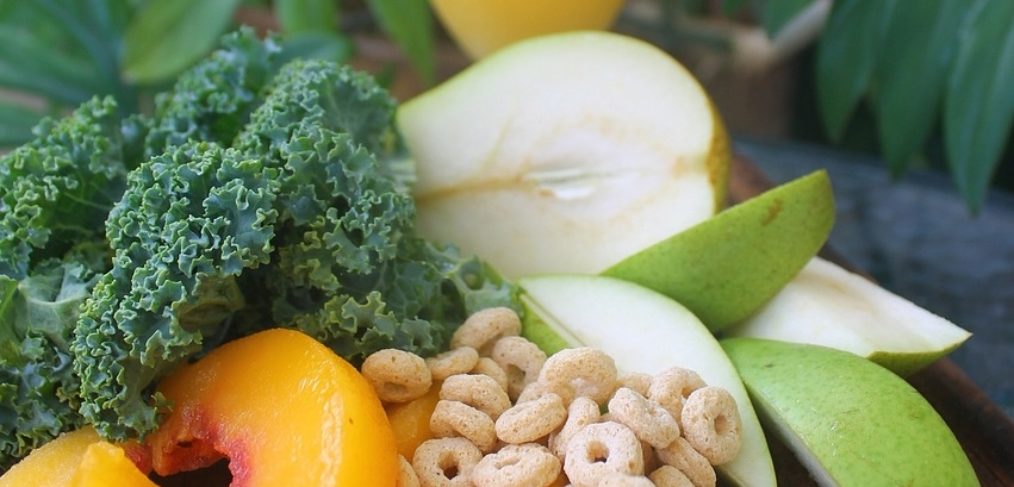
Kale vs. Candy
Can you be healthy simply by limiting calories? Or does the type of food you eat matter? In a kale vs. candy debate, Dr. Mark Hyman, founder and director of the UltraWellness Center, discusses how calories from refined carbohydrates react differently in your body that calories from nutrient dense food. Here is his view.
Not All Calories Are Created Equal
If managing weight were as simple as calories in and calories out, we’d all be at our ideal weight.
But it’s clear that’s not the case, since nearly 40% of our population is obese, and 2 out of 3 adults in the US is either overweight or obese. That’s because food is more than just calories. Food is information that our cells need to function. You metabolism uses that information to either run efficiently or sluggishly trudge along.
One of the biggest food lies of all time is that all calories are created equal. Even a child could tell you that the calories you get from kale are going to have a completely different impact on your body than calories from candy.
Let’s look at what those calories from candy actually do to your body:
How Candy Impacts Your Body
When you eat candy, processed and refined carbs (such as bread or cereal) or even fruit juices, your gut quickly absorbs the fiber-free sugars, fructose, and glucose. These spike your blood sugar. Now, your body starts a cascade of hormonal responses that kick bad biochemistry into gear. The first hormone to go askew is insulin, which rockets in response to high blood sugar. Did you know that high insulin increases storage of belly fat, increases inflammation, and raises triglycerides. Not only that, it also lowers HDL, raises blood pressure, lowers testosterone in men, and contributes to infertility in women.
Insulin increases your appetite because it changes your brain chemistry. It blocks your appetite-control hormone leptin. So, the brain never gets the “I’m full” signal. Instead, it thinks you are starving. Since sugar triggers your pleasure-based reward center, you consume even more sugar, fueling your sugar addiction.
There’s another issue when we examine kale vs. candy. Today, many processed foods are might not only with sugar, but also with high fructose corn syrup. Fructose just makes matters worse. It goes right to your liver, where it starts manufacturing fat. These fat stores in the liver make it insulin resistant, triggering even higher blood insulin levels. Then, chronically high insulin drives your body to store everything you eat as even more belly fat. You also get a fatty liver, which generates more inflammation. Chronic inflammation causes still more weight gain and diabetes/obesity.
Another problem with fructose is that it doesn’t send feedback to the brain to signal that a load of calories just hit the body. Nor does it reduce ghrelin, the appetite hormone that is usually reduced when you eat real food, like kale.
How Kale Works In Your Body
Kale is rich in fiber and low in carbohydrates and sugar. You have to eat a buckets of leafy greens to reach the same amount of calories that just one small bag of candy provides. Thanks to kale’s fiber, you get full long before that ever happens.
When you eat a nice hearty helping of kale, there is no blood sugar spike, and no insulin rush. That means there is no fatty liver, and no hormonal chaos. The fiber causes your stomach to distend, sending signals to your brain that you are full. Kale does not trigger the addiction reward center in the brain. It helps optimize metabolism, lowers cholesterol, reduces inflammation, and boosts detoxification from all the phytonutrients it offers.
Quality Matters in Kale vs. Candy
Remember that in the kale vs. candy debate, eating well isn’t just about calories. Quality matters, too. Real foods like colorful vegetables, low-glycemic fruits, healthy fats (like nuts, seeds, avocados, olives, etc.), gluten-free whole grains, legumes, and responsibly sourced animals proteins and seafood give your cells the information they need to function at their very best.
So choose kale vs. candy; focus on quality more than quantity. It will change your relationship to food. Your health will thank you.
Wishing you health and happiness,
Dr. Mark Hyman, MD
